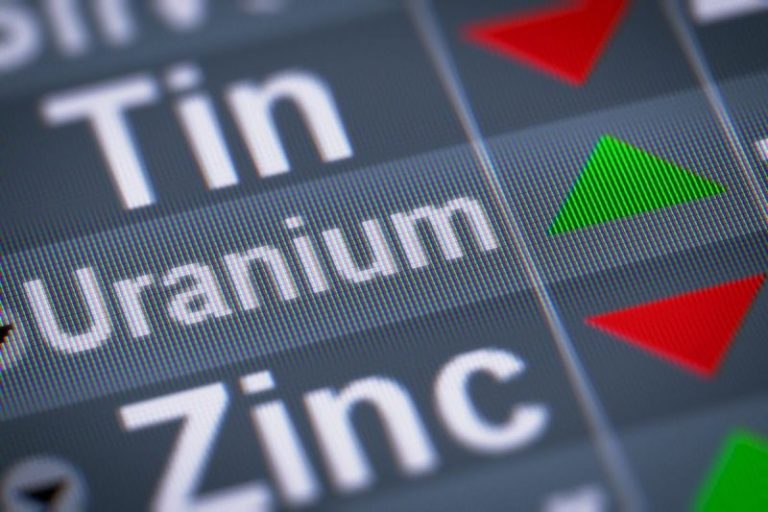Denison Mines (TSX:DML,NYSEAMERICAN:DNN) commented on ‘significant’ advancements at its Phoenix uranium deposit following the completion of a feasibility study in June 2023.
The company is now halfway through a two year plan to reach a final investment decision, with the first phase of production targeted for 2027 to 2028. According to CEO David Cates, over 30 percent of total engineering is complete.
‘Our rapid engineering progress is possible because we have built off of the systematic and rigorous technical evaluation and de-risking work that was incorporated into the feasibility study,” he said in a Thursday (August 8) press release.
Phoenix is located at the Wheeler River project in Canada’s Athabasca Basin, a uranium hotspot.
Cates noted that the feasibility study accounts for the cost inflation that affected the mining sector from 2021 to 2023, while also integrating lessons from the environmental assessment process, which Denison went through in 2022.
Engineering and long-lead procurement efforts are progressing well, in line with the company’s project plans.
Denison has also gotten support for Wheeler River from both Indigenous and non-Indigenous parties, and is making progress on finalizing an environmental impact statement (EIS), project permitting and licensing.
‘Based on feedback received to date, we are optimistic that the EIS review process is nearing completion,” Cates said.
Financially, the Denison CEO emphasized that the company remains in a strong position. It reported a debt-free balance sheet at the end of the year’s second quarter, as well as working capital and investments equivalent to nearly 95 percent of Denison’s share of the initial CAPEX laid out in the feasibility study for Phoenix.
Denison is also making progress outside of Phoenix and Wheeler River. Cates said the company is carrying out field studies and evaluations at both the Tthe Heldeth Túé and Midwest Main deposits, also in the Athabasca Basin.
It recently coordinated with nuclear fuel cycle leader Orano Group to complete an inaugural field test of in-situ recovery (IRS) mining at Midwest Main. The test provided preliminary validation that the deposit has the characteristics necessary for an ISR operation. The focus is now on completing a preliminary economic assessment within the year.
Securities Disclosure: I, Giann Liguid, hold no direct investment interest in any company mentioned in this article.

